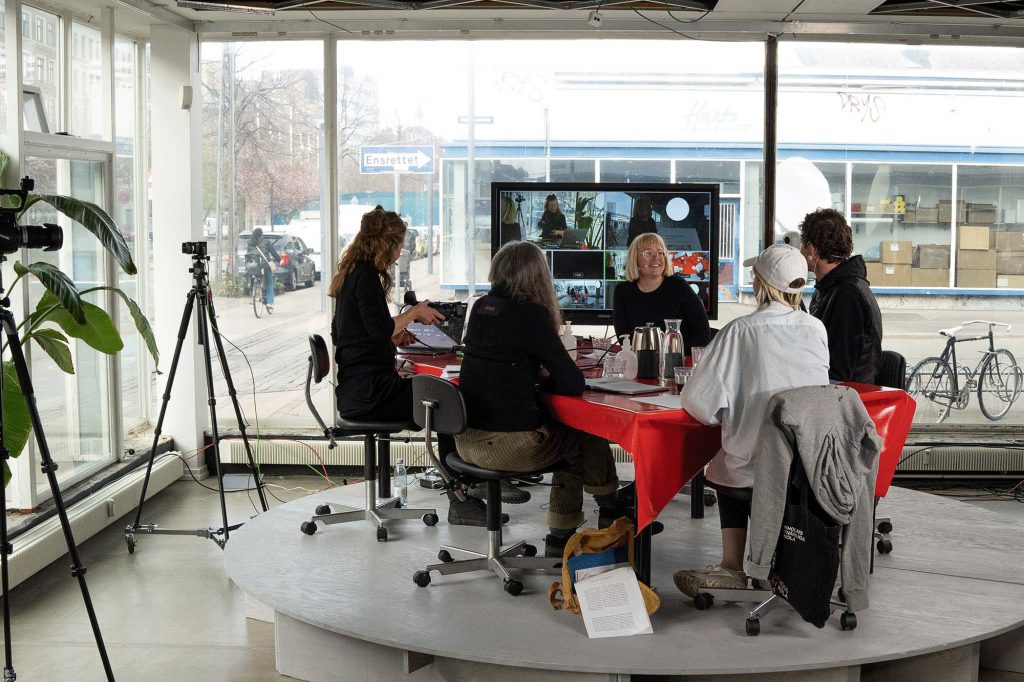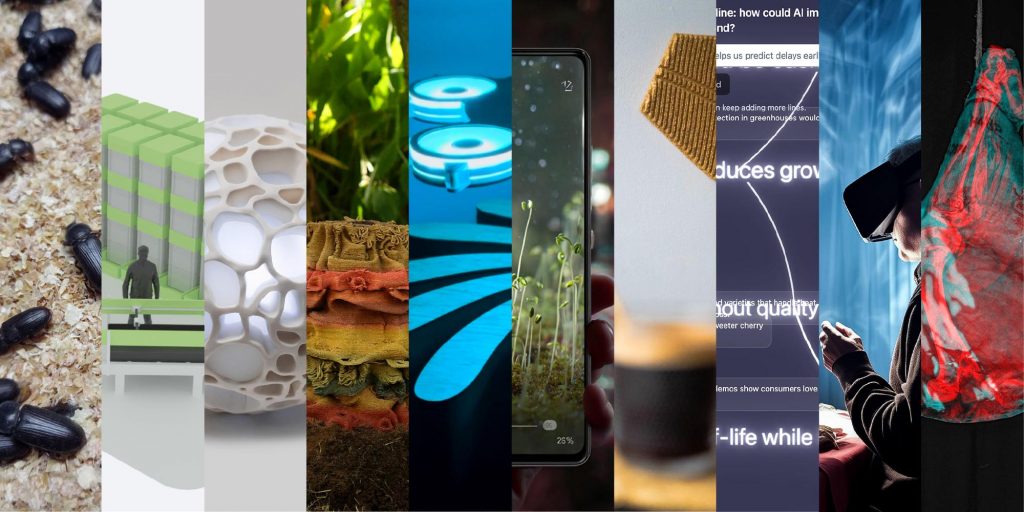On Artistic Research
by Rose Tytgat and Lars Bang Larsen
Artistic research has become a pervasive term in the field of art and in art education. Since the turn of the millennium, networks such as Institut für künstlerische Forschung (!KF), the European Artistic Research Network, and The International Center for Knowledge in the Arts have started to populate the European artistic landscape, and some artistic PhD-programmes already have a decades-long history. Repairing the Present – the present context for this article – is another example of the centrality of the term artistic research to contemporary funding schemes and curating.
But what is artistic research? The term is crisscrossed by a plethora of conceptualizations and practices, so to understand its dynamics and contexts one must look back at the recent history of contemporary art and the political context of the late 1990s.
As a term that is fundamentally connected to artistic practice, it can of course be argued that artistic research has been undertaken as long as there has been an art concept employed by experimentally inclined and methodically reflected artists. But artistic research as a concept seems to have emerged in the wake of phenomena that gained critical mass in the post-World War II era when art went through an identity crisis with regard to its social and epistemic functions that led some artists and educational institutions to seek cross-disciplinary interactions. With the rise of the notion of contemporary art as a discursive concept of art, Conceptual Art and other experimental practices of the 1960s saw some artists move closer to philosophical investigations. In the 1970s, the first institutionally integrated encounters between art, science and other disciplines emerged, like the Center for Advanced Visual Studies at the MIT, through which artists confirmed an avant-garde tradition of engaging with new technologies; developments that prefigured the rise of bio art or net art in the 1980s and 1990s. In parallel with this, the Bologna declaration – a European reform aiming at standardizing academic degrees signed in 1999 – introduced a formalization of artistic research through artistic PhDs.
From this eclectic collection of phenomena emerged what we today call artistic research. The term is often used to designate research both about art and through art, to make that distinction. Artistic research about art is typically the reflection that artists undertake regarding aspects of their artworks, such as questions regarding formalisation, choice of materials or archival inquiries. Research through art concerns the nexus between artistic practice and knowledge production – a fundamentally difficult relation since art and science operate on different terms.

The relation between art and knowledge production can be called a circle that refuses to be squared, and an institutional point of controversy. The ontological split between art and science that is reconciled in artistic research as an academic practice makes the term downright unacceptable in certain educational contexts; here ‘artistic development’ is preferred to designate process-oriented artistic work. Simply put, this represents the view that artistic research in an academic setting is a depletion of scholarly rigour through art’s upholding of unscientific modalities such as authorship and originality. On the other hand, the aesthetic argument against artistic research would be that it entails a risk of undermining artistic autonomy, for instance, because there is a need to meet scientific criteria or to fit the goals and expectations of a neoliberal knowledge economy.
But the potential of artistic research seems to lie elsewhere than in art produced through an academic process, or academic knowledge produced through the artistic process as if the two were static entities that could be isolated and placed in a causal or linear relation to one another. To Mari Brellochs, artistic research contributes “to the destruction of knowledge and knowledge structures; to the dismantling of established truths and boundaries. It is more about a process of unlearning, rather than a reiteration of taught knowledge.”
Hence the slippery character of ‘artistic research’: it can be seen to represent simultaneously a transgression of scientific criteria, an incursion on artistic autonomy, a growing institutional open-mindedness vis-à-vis knowledge production and the social role of art, a new funding opportunity in a landscape of scarce financial support for culture, and a welcome option for critical and experimental artistic activity that can bypass the art markets and the institutional markets of attention through other temporalities of artistic work, and other conceptions of authorship.
With these discussions and tensions in mind, at Art Hub Copenhagen we engage with the question of artistic research among other things by proposing alternative formats, methods and forms of evaluation. This year we will launch a new initiative, the Micro-institute: this two years research residency is conceived as a research unit comprising an artist and an assisting curator. The Micro-institute will not have as its aim a dissertation or a final work or exhibition (as in an artistic PhD programme), but will instead be committed to developing an artistic process that can be opened up inter-disciplinarily and in collaborations or (semi-)public forums. With this, we hope to be able to offer an institutional framework for artistic research that is capable of responding to the diverse exigencies of the artistic experiment in ways that can help make it a public good in un-prescribed ways.
We welcome all institutions and stakeholders in artistic practice and education to join the reflection and discussion on what artistic research could become.


